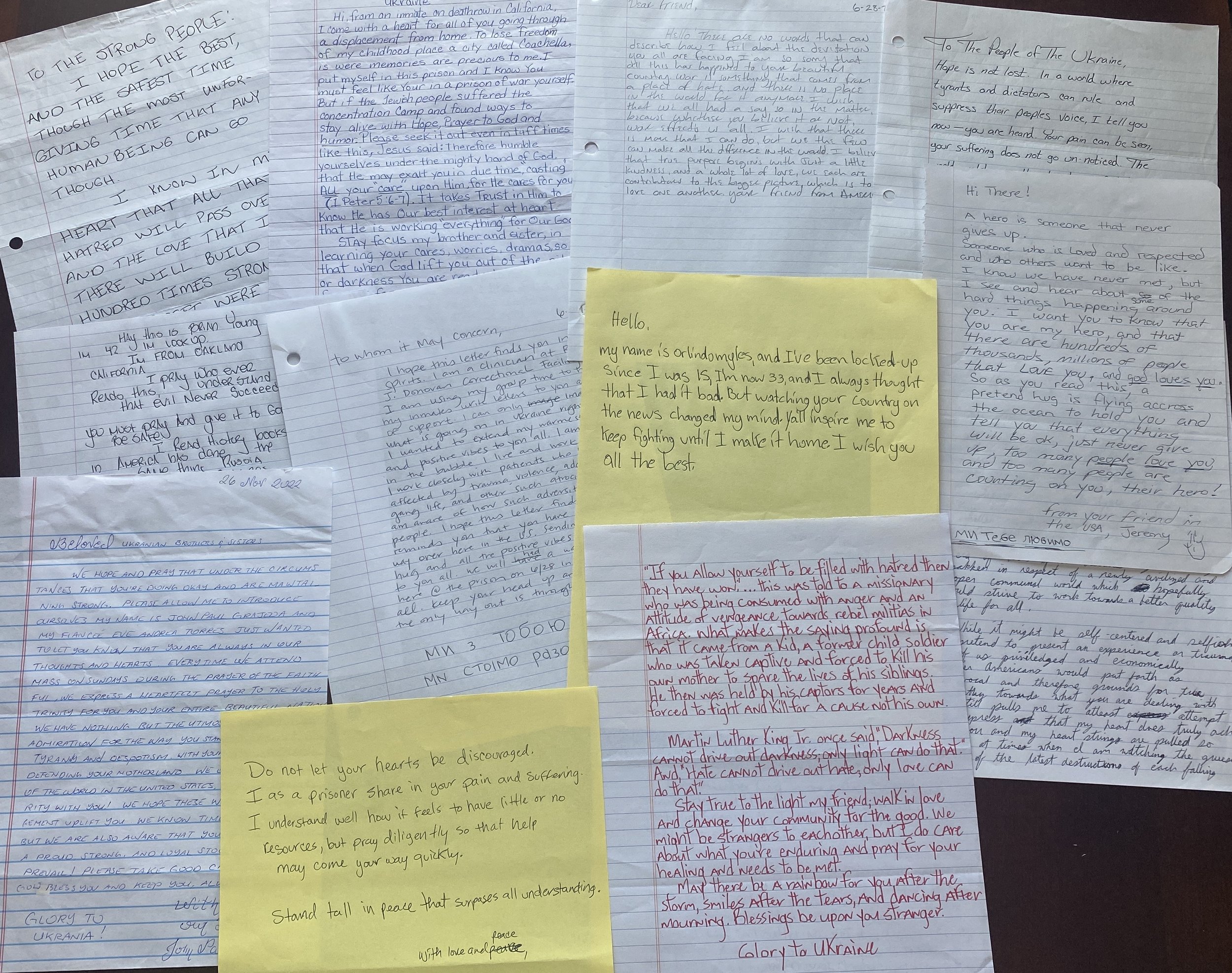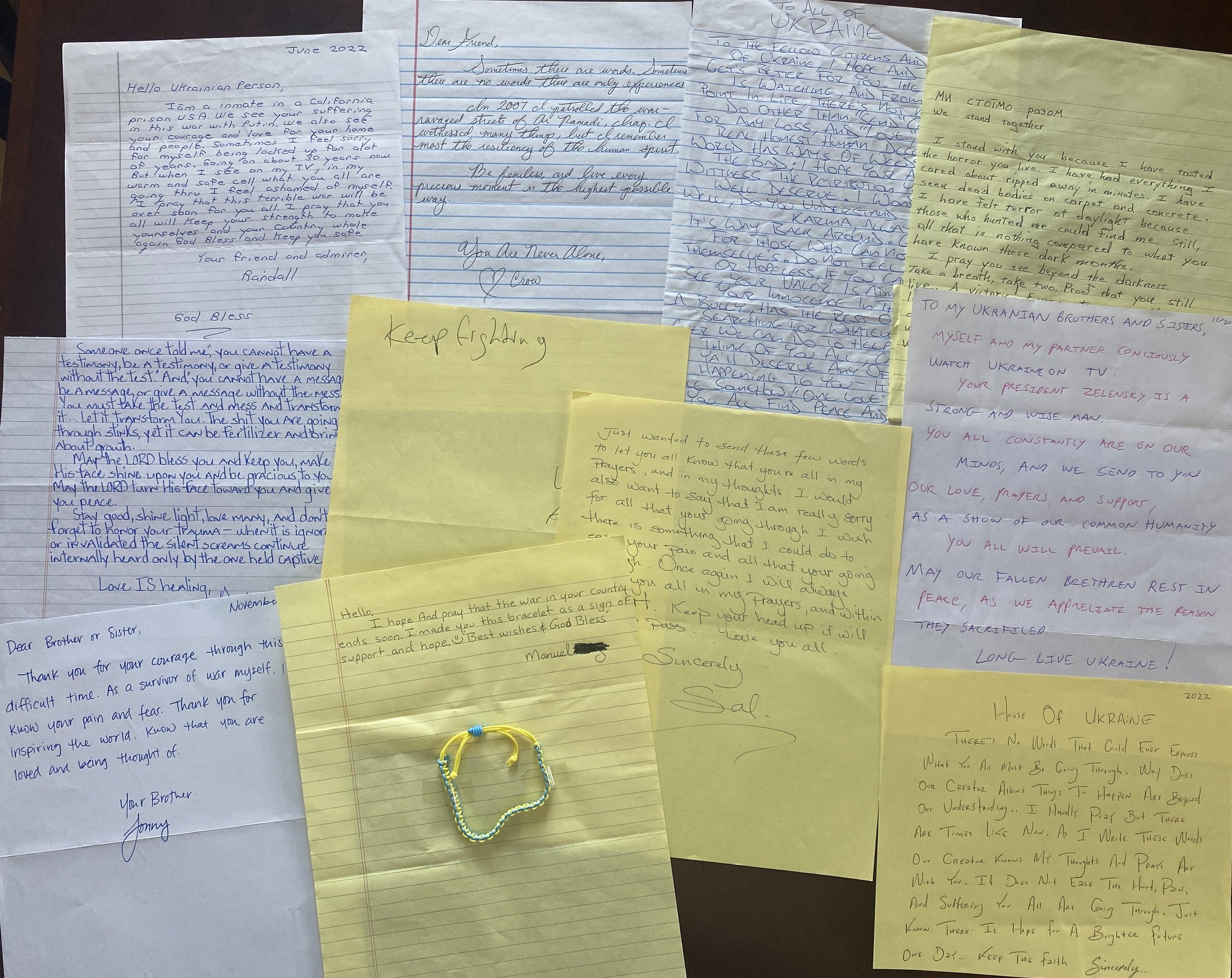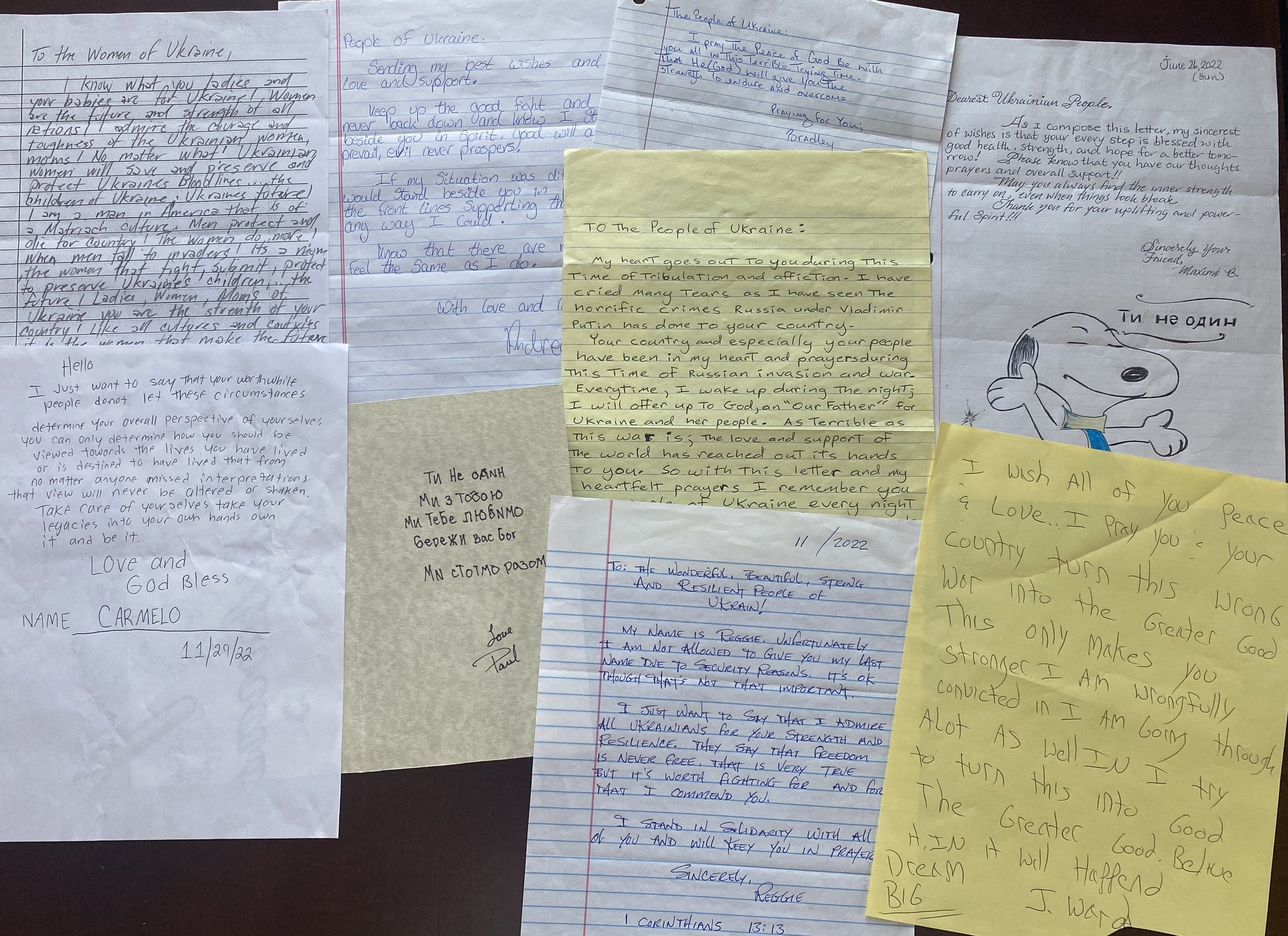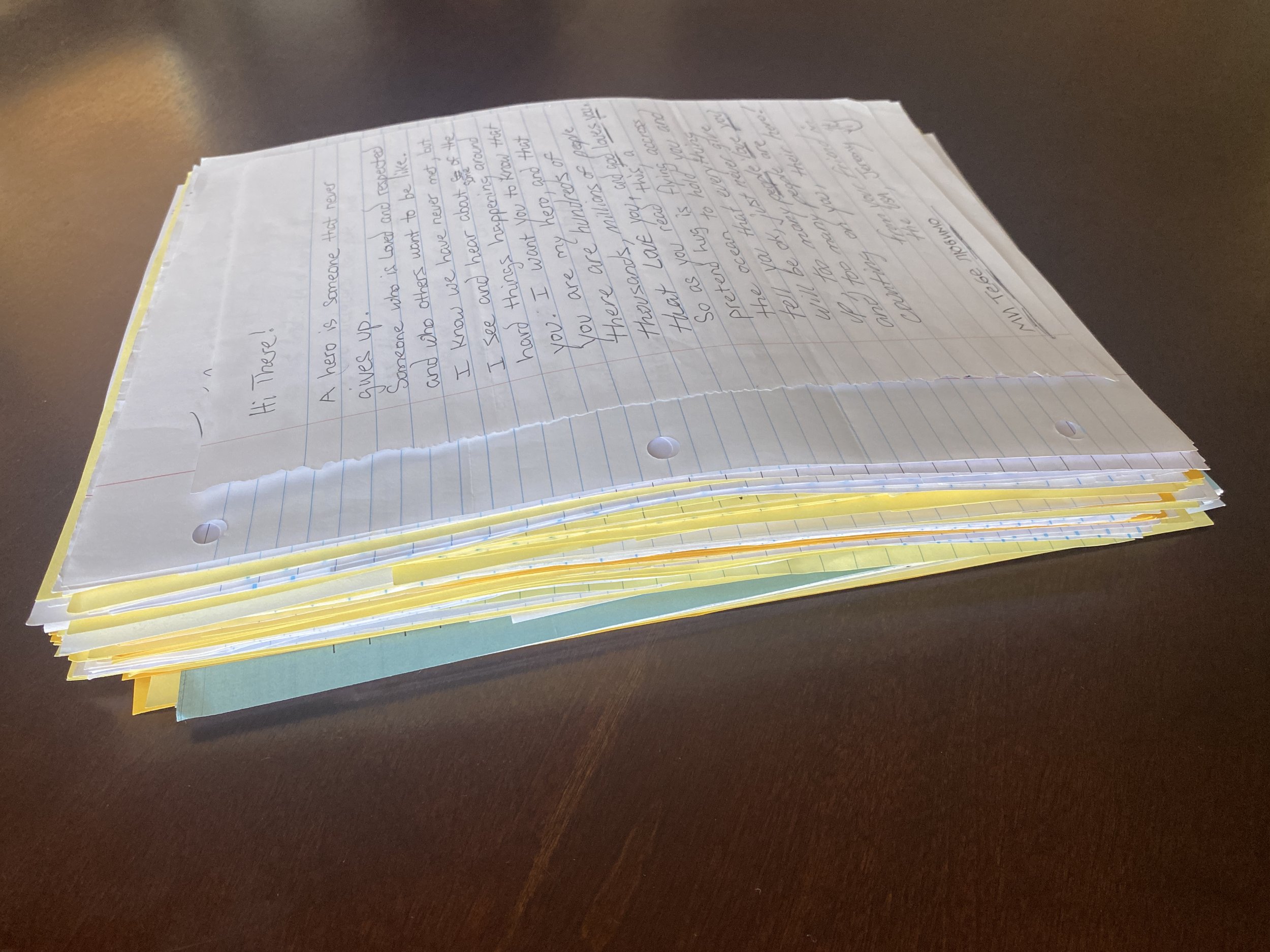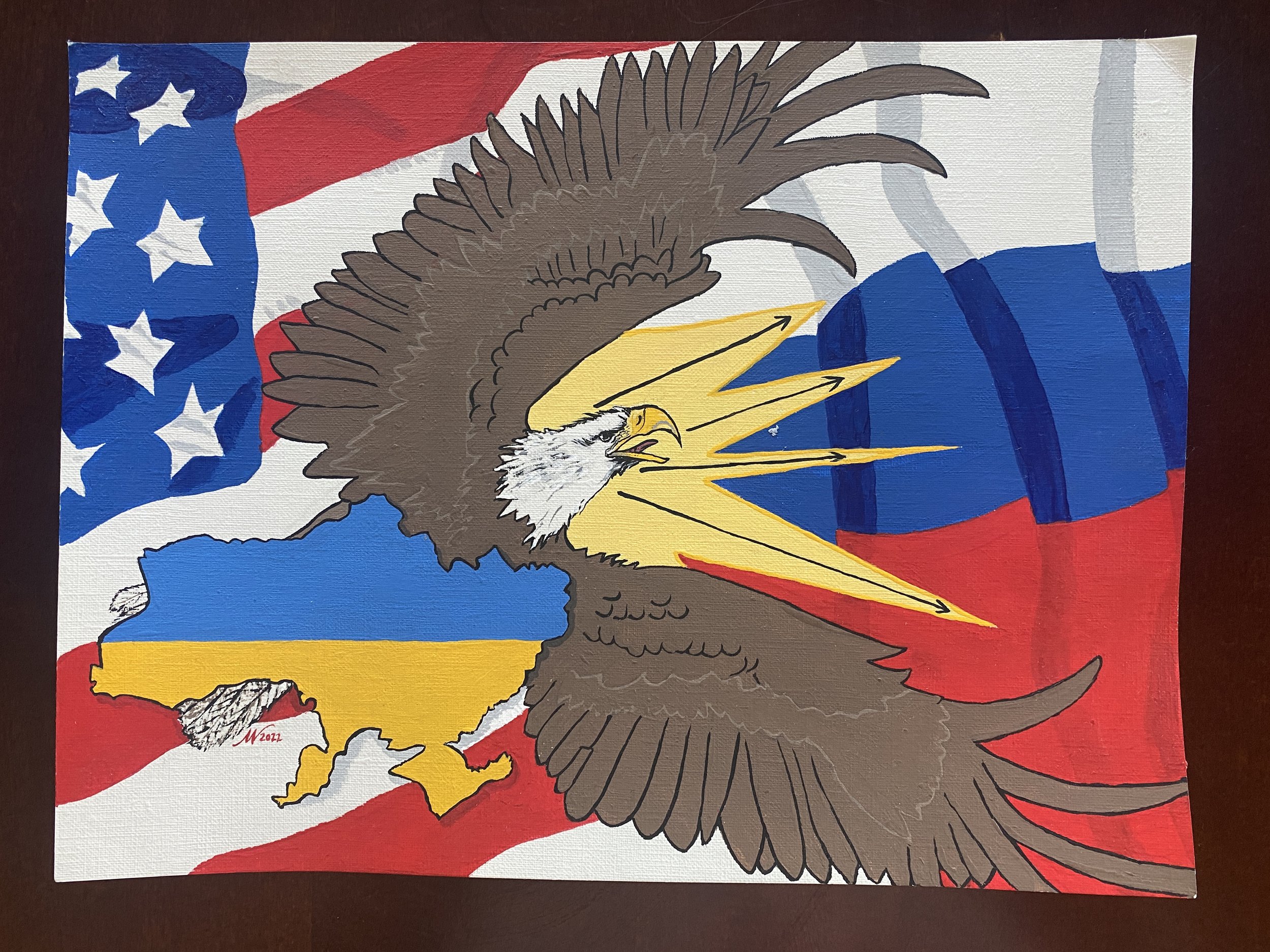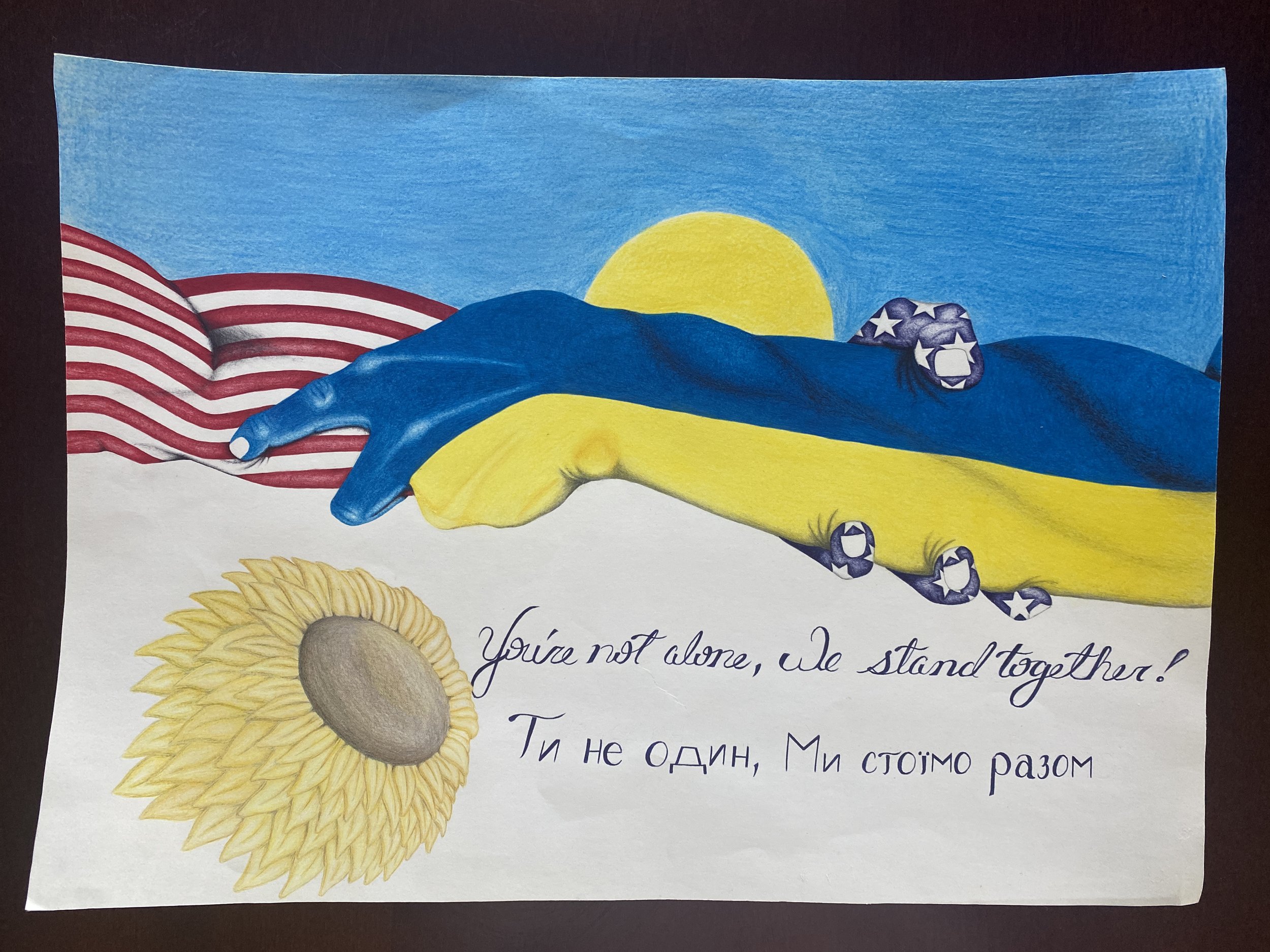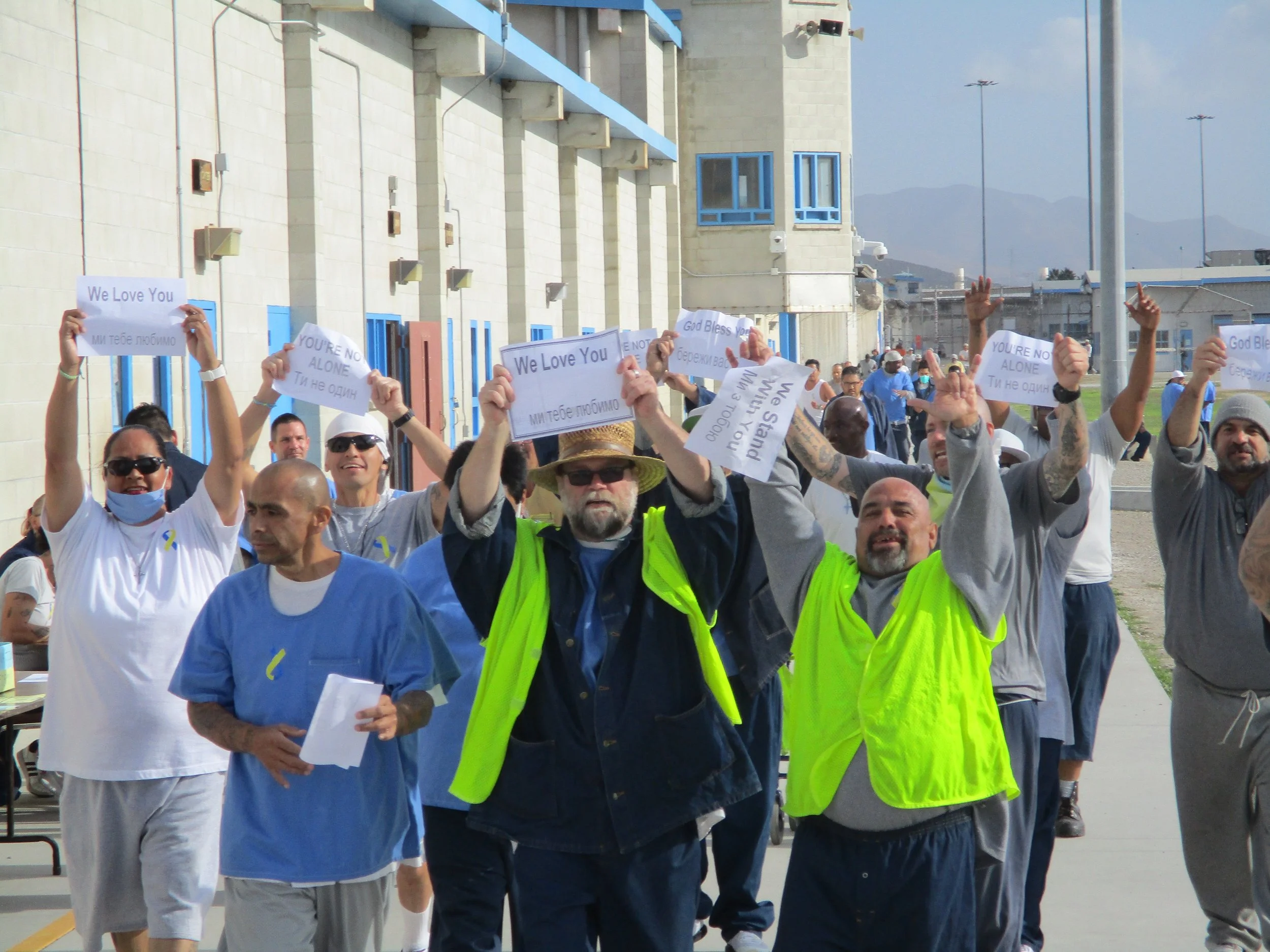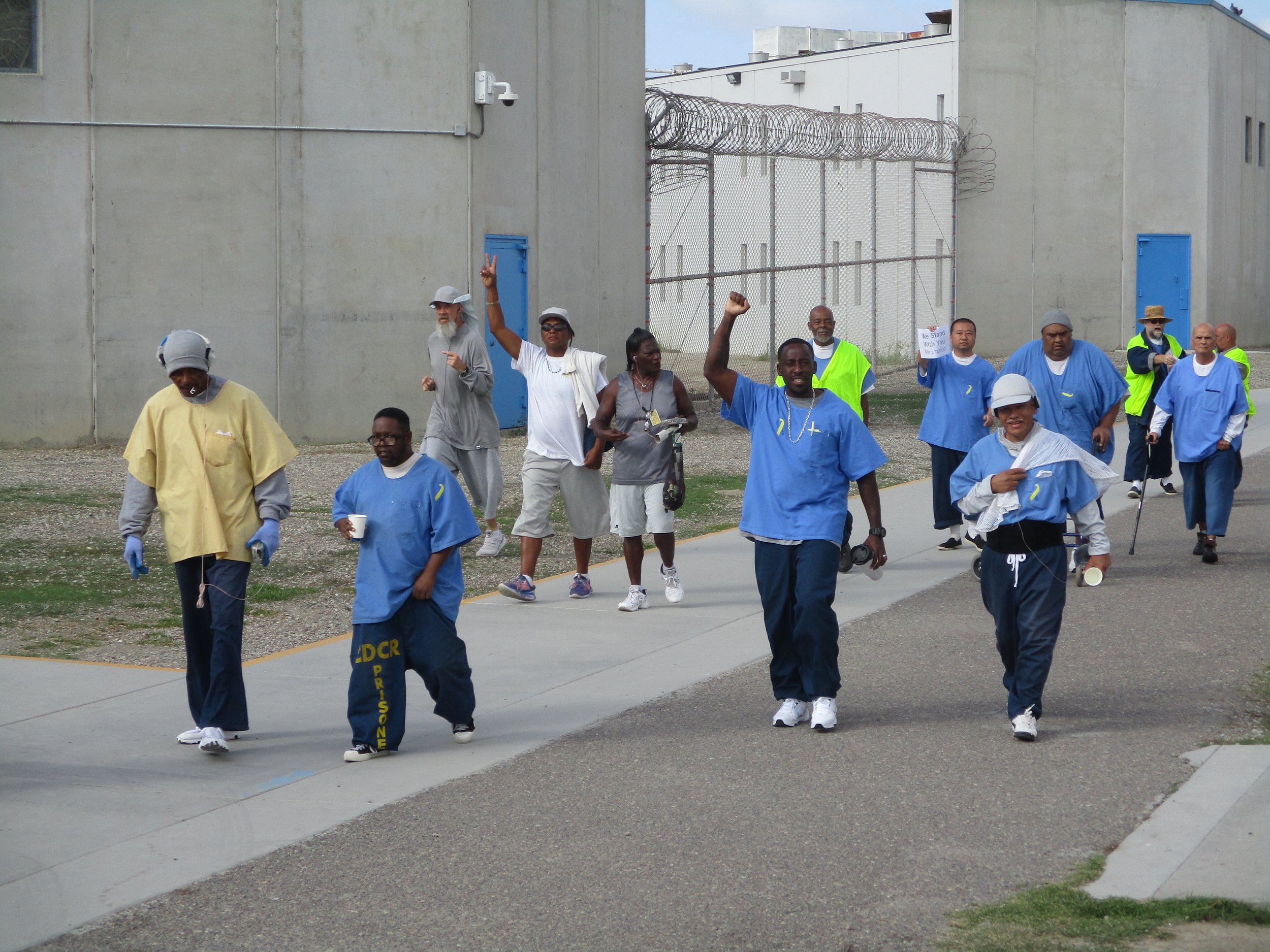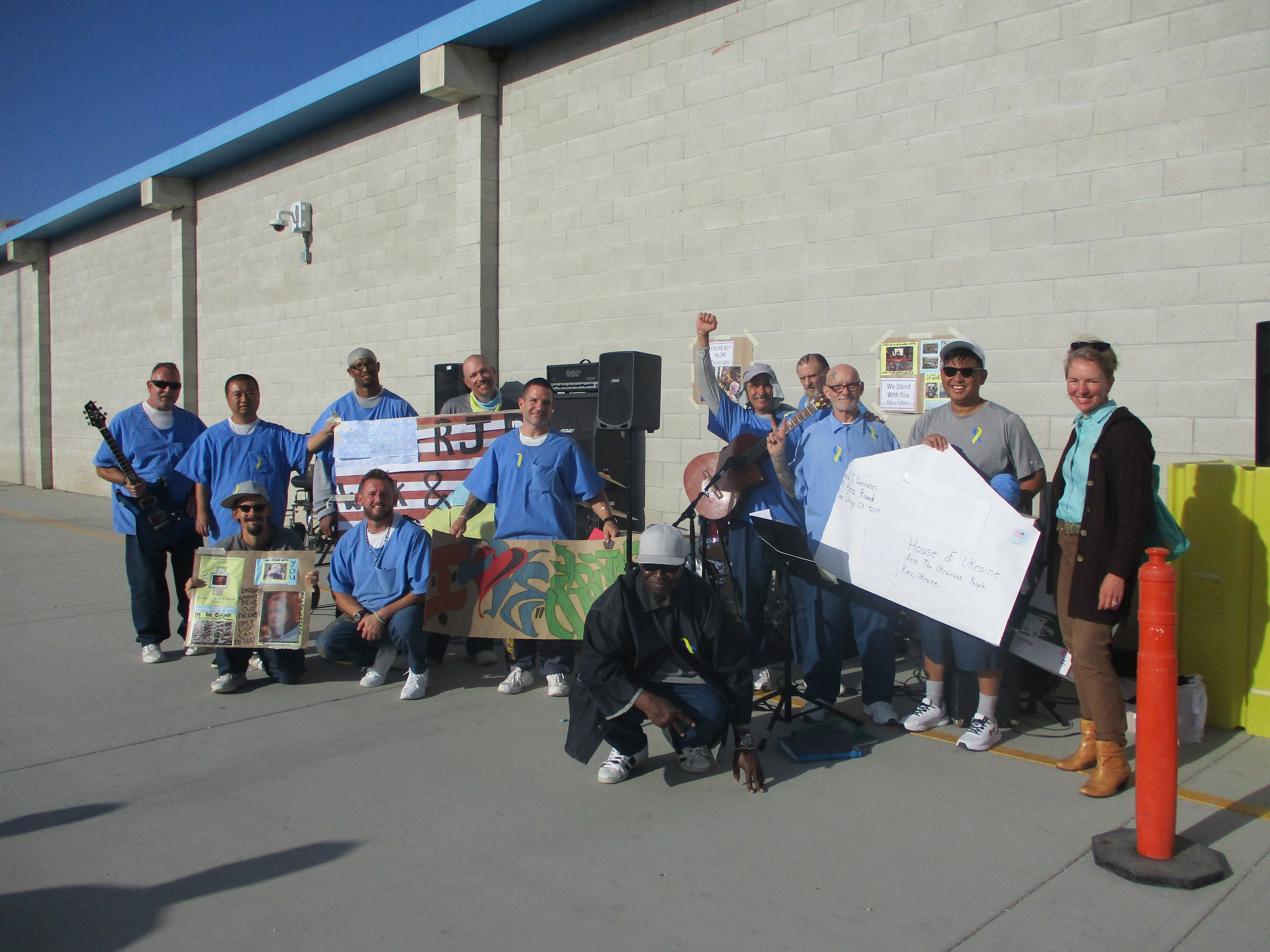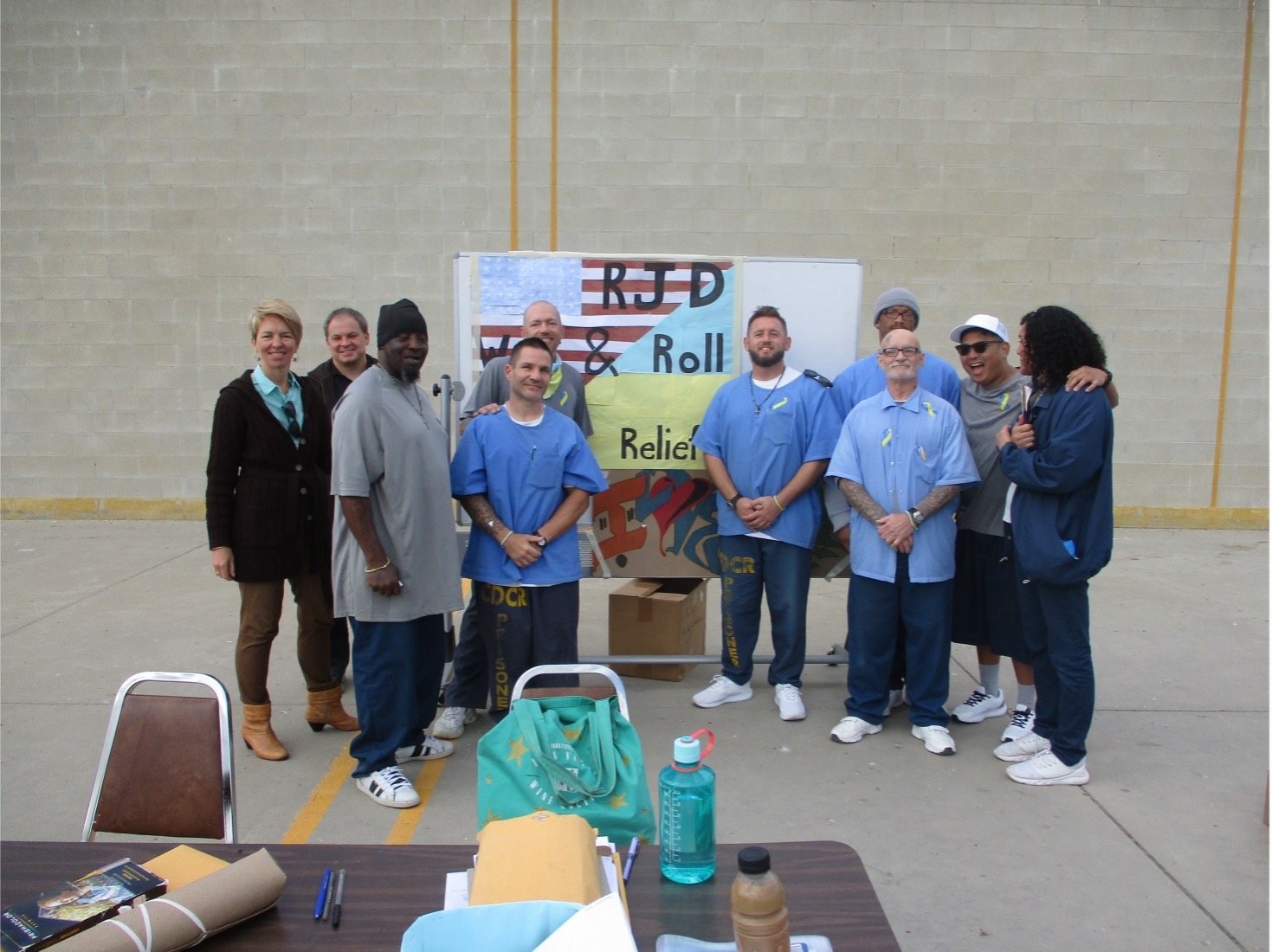A couple Fridays ago, I learned that an uncle had been killed by an intoxicated driver. As I sat with the sadness that filled me, I felt a deeper sadness behind that for my uncle, his family and friends.
In addition to the pain of the unnecessary loss of an innocent (and wildly giving) life, I felt the heavy burden of the instantaneous increase in hurt in the world. This one split-second act created a massive increase in pain and wounding, some of which may even be internalized as trauma by any number of people, close to or far from my uncle.
This saddens me. Because, as stated in one of the greatest lessons I’ve received in prison: hurt people hurt people. Any hurtful action today is the expression of an unhealed wound of yesterday. This simple concept explains why the prison members of our team are in prison. They committed their actions – sometimes quite horrendous ones – because they were acting out the unfathomable pain trapped inside, created by past pain, wounding and trauma.
So, if left unsupported and unhealed, the already-significant amount of hurt created through my uncle’s death has the potential to fester into future acts of hurt and pain. This may not lead to criminal behavior, but it may lead to bitterness, resentment, anger, irritability, isolation, retaliation, etc. And these can snowball, even years from now, into larger challenges and consequences… at home, at work, with our judicial system.
It’s this cycle of violence I feel called to heal.
This is why I stand so strongly in healing our wounds and hurt.
I wish for all people who internalized pain and wounding around my uncle’s death to mourn the loss fully and then, if and when they choose, to gently and self-compassionately find their peace and healing. It doesn’t change the circumstances of his death; it doesn’t change the gaping hole left in anyone’s life. It does – in the right timing – surround that void with peace, love and celebration.
I know firsthand – not just that this is possible – but also the peace, joy and liberation that stems from this journey. Some of you may remember the healing I experienced after my cousin’s murder several years ago. Plus, I’m now blessed to conduct this work of alignment, connection and restoration weekly with folks inside – and outside – prison. And I witness the healing within them.
I personally find that this restorative healing – and its subsequent peace, joy and freedom – to be such a stronger legacy for my uncle. Particularly since (but not because) his dreams for retirement included creating spaces of support for the disenfranchised.
Invitation to bring this into your life: What legacy are you creating? Are you willing to join this journey of transforming pain into healing? Next time you hurt someone, take a moment to feel the hurt within you – without blame or condemnation – and then to transform that hurt into the healing you and everyone around you deserves.





